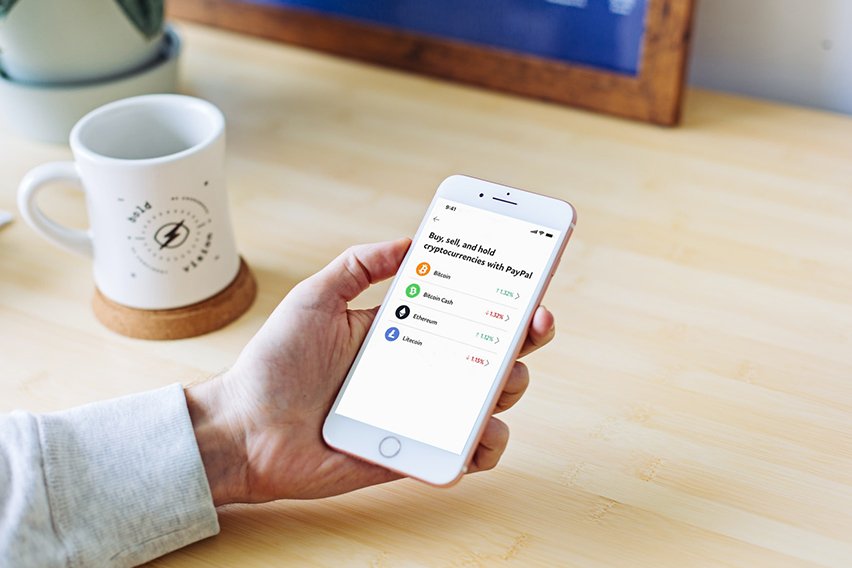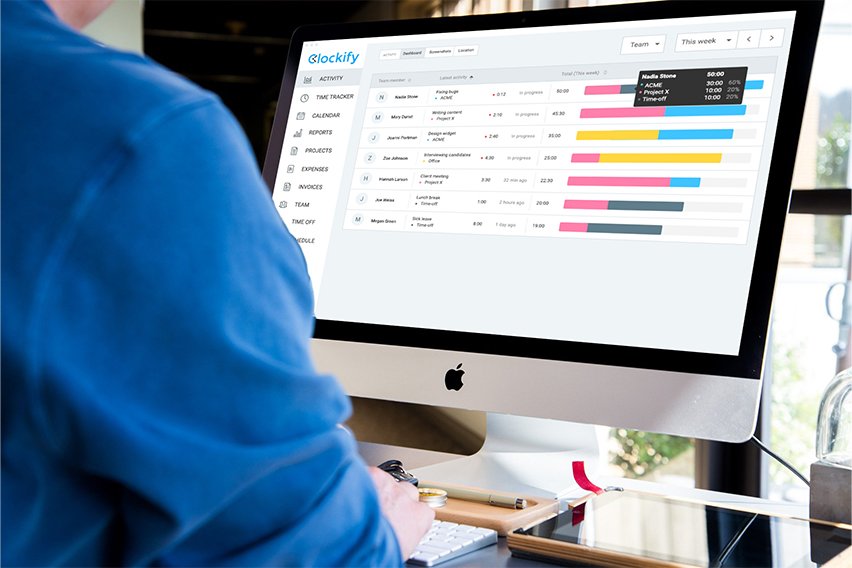What Is Priority Management & Its Importance to Small Business

What is priority management? Priority management is the ability of an individual or business to focus on what’s most important. It can be applied to both tasks and relationships.
Priority management is all about learning how to make better decisions, improving your efficiency, and making more time in your daily schedule for the things that really matter. Read on to learn more about priority management and how it can affect your small business’ long term goals.
Here’s What We’ll Cover:
How should you be managing your priorities as a small business owner?
Why is priority management important?
What is the difference between time management and priority management?
Effective Priority Management Techniques
Our Top 3 Tips for Priority Management Systems
How should you be managing your priorities as a small business owner?
The first step towards becoming a priority manager is prioritizing what you should be doing at any given time. Are the tasks that are most important right now? Are other things less important, and can they wait until later?
Procrastination is often caused by not knowing where to start. The best way to combat this is by setting priorities. This means you need to determine what needs to be done first and what can’t wait for later.

Why is priority management important?
Priority management is very important. If you fail to manage your priorities, you will be wasting valuable time trying to do many tasks at once.
Time wasted on one activity can’t be used for something else. For example, an hour spent surfing the internet could have been an hour of concentrated work.
Priority management also allows you to spend more time doing high-value activities. That’s valuable for any small business owner.
Good priority management can help small businesses save time by reducing the number of steps, choices, and decisions that need to be made. This can lead to significant cost savings.
What is the difference between time management and priority management?
While they are related, time management focuses on managing your time in a linear fashion. For example, you could block out an hour for certain tasks during the day.
Priority management is different because it allows you to determine what is most important at any given time. You may have six hours available per day but only need four of them for other tasks. That means you have two hours to use for other important activities.
Effective Priority Management Techniques
There are many different ways that priority management can be used at work or home, depending on your situation. Here are some ideas:
Priority management can be used to determine what you should be working on at any given time.
It can also be used to select who you should deal with first when two people call you at the same time. If one caller is your boss and the other is a lower priority, then it’s obvious who should be talked to first. Knowing your priorities ahead of time helps you determine how you should handle these situations. You and your employees will have a clear understanding of what needs to be done.

Our Top 3 Tips for Priority Management Systems
#1: Prioritize your tasks and activities by importance.
This allows you to focus on what is needed most at any given time, rather than wasting time with other less important activities.
When two people call you, determine who has the higher priority and focus on that person first. It might be your boss or someone else important.
#2: Take a daily view of your schedule
It is important to know what tasks are most important so you can perform them in an efficient manner. Knowing your schedule for the day allows you to manage it much more efficiently. This can improve the completion of your daily goals.
#3: Allow time for unexpected activities.
While we can plan our days, there will always be unplanned events that arise. This could be a phone call from the bank or someone else important. Allowing some extra time in your schedule will prevent such instances from causing you to fall behind on other tasks.
Key Takeaways
Priority management is critical for small businesses because it allows you to focus on what’s most important at any given time. This means that if two people call in, one of which has a higher priority than the other, you can spend more of your valuable time dealing with the person who requires immediate attention, while getting back to the second caller. It also prevents wasted time spent trying to do multiple tasks when only one or two are necessary.
The tips provided here should help get you started thinking about how you can prioritize your own schedule and workday, so that nothing falls through the cracks. Hopefully, this article helps you prioritize better and make your small business more efficient.
Did you enjoy reading this guide? Head over to our resource hub for more great content!
RELATED ARTICLES

 The Top 5 Supply Chain Management Software Choices
The Top 5 Supply Chain Management Software Choices Stripe vs PayPal UK: Which Payment Gateway Is Better?
Stripe vs PayPal UK: Which Payment Gateway Is Better? Part-Time Vs Full-Time Employees: Everything You Need to Know
Part-Time Vs Full-Time Employees: Everything You Need to Know 5 Best Free Time Clock Apps
5 Best Free Time Clock Apps 6 Best Checklist Apps to Help You Stay Organized
6 Best Checklist Apps to Help You Stay Organized 17 Team Building Activities & Games Your Team Will Love
17 Team Building Activities & Games Your Team Will Love